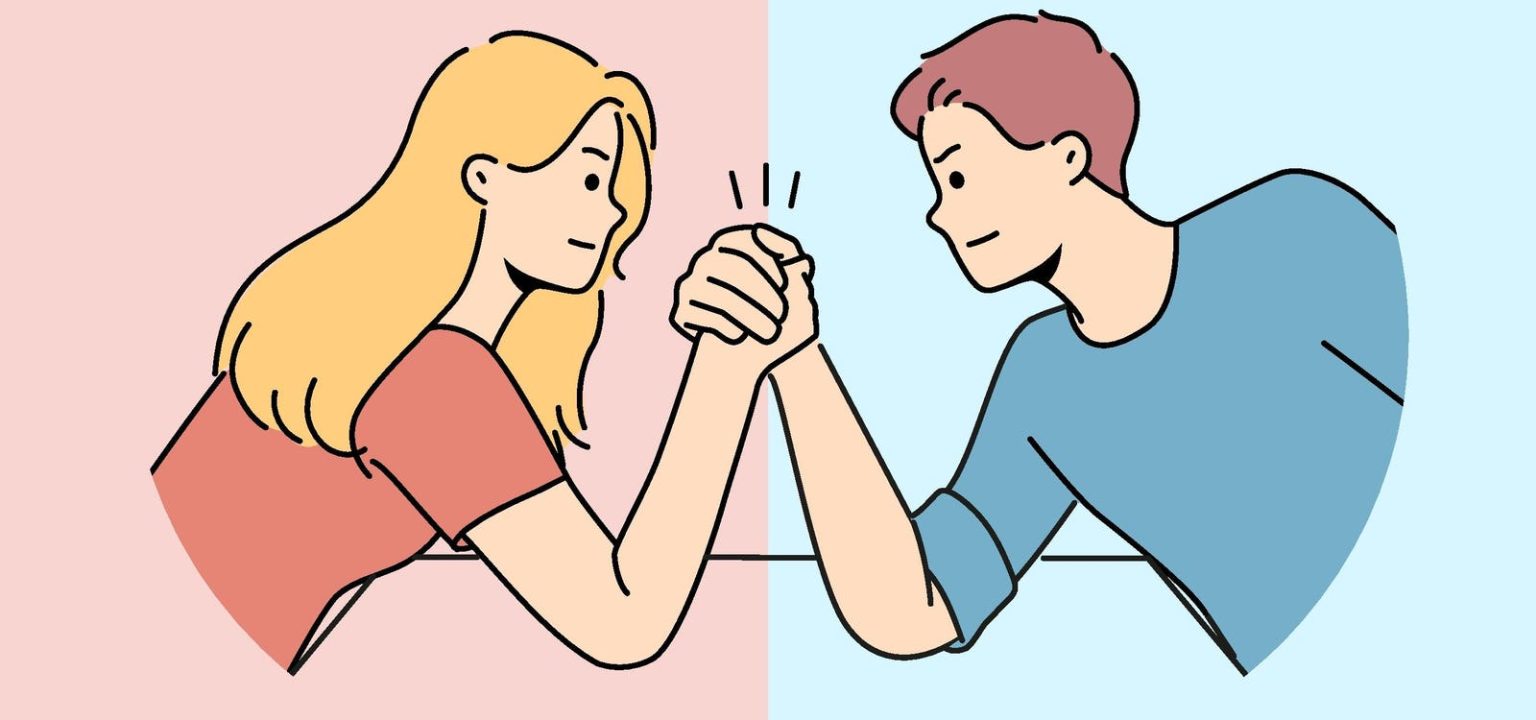One-upmanship is a common occurrence in relationships where individuals engage in competition to assert superiority over others. This behavior often stems from deep-seated insecurities, leading individuals to seek validation through comparison with their partners and peers. While initially appearing as harmless banter, one-upmanship can sow seeds of discord and resentment within relationships as the constant need to demonstrate worth or dominance creates tension and mistrust. These underlying motivations can erode the foundation of mutual respect and understanding.
There are three psychological explanations for the prevalence of one-upmanship in relationships and ways to prevent it from damaging relationships. First, individuals struggling with an inferiority complex may engage in one-upmanship as a coping mechanism to compensate for feelings of inadequacy. This behavior can lead to partners feeling devalued and resentful, ultimately affecting the level of trust and satisfaction in the relationship. Addressing an inferiority complex requires self-awareness, self-compassion, and therapeutic intervention to challenge distorted beliefs and cultivate self-acceptance.
Secondly, insecurity about physical appearance and desirability can drive individuals to seek validation through one-upmanship in relationships. The pressure to conform to societal beauty standards and the craving for reassurance often trigger comparisons with partners and peers. To break free from this cycle, individuals must cultivate self-acceptance, challenge societal beauty norms, and embrace authenticity and vulnerability within relationships to nurture a genuine connection.
Thirdly, the pursuit of career success can become a significant arena for seeking validation and asserting superiority, leading to competition and resentment within romantic relationships. Couples may prioritize professional success over the well-being of their relationship, neglecting emotional needs in the process. To break free from this destructive cycle, couples must prioritize mutual support, adopt a collaborative mindset, and focus on the strength of their bond rather than external markers of achievement.
By becoming aware of the insidious nature of one-upmanship and its underlying motivations, individuals can empower themselves to cultivate healthy and enriching relationships. It is essential to address deep-rooted insecurities, challenge societal norms, prioritize mutual support over competition, and focus on personal growth and collective fulfillment to pave the way toward lasting harmony in relationships. Through self-awareness, self-compassion, and a commitment to fostering trust and understanding, individuals can overcome the destructive cycle of one-upmanship and build strong, meaningful connections with their partners.


